
My kids and I continue to work our way through Star Trek: The Next Generation. We’re now watching season 7. In episode 7, Counselor Deanna Troi’s mother Lwaxana Troi is aboard the Enterprise as a diplomat assisting with communications with a telepathic race. In the process of working with this new species, Lwaxana begins to have debilitating fatigue and headaches. The medical doctors and others on the crew suspect that her overuse of her telepathic abilities with this new species has drained her. Eventually, Lwaxana collapses and enters what we would describe as a coma.
However, the truth about Lwaxana’s collapse was far more dastardly than just exhaustion. One of the members of the telepathic species, Maques, believes that there is a part of Lwaxana’s mind that she has shut down. As Deanna and Commander Will Riker investigate the past to see what Lwaxana might be repressing, they find a great number of missing years in Lwaxana’s journals, supporting Maques’ theory that there is something major that Lwaxana is hiding. Eventually through a mind meld of sorts, Deanna is able to help her mother’s subconscious process the truth about a situation that was so painful that she’d had to deeply repress it until it festered and caused her body to collapse. The trauma involved was that Lwaxana’s oldest daughter Kestra (Deanna’s older sister whom she’d never previously known about) died in a tragic accident when Deanna was only a baby. Lwaxana blamed herself for the death of her elder daughter. The pain of losing her child was so excruciating that Lwaxana tried to block it all out so that she could avoid and forget the pain. Eventually that mental and emotional pain caught up with her and shut down her body.
This isn't science fiction. While the details of the case are very much fictional, the reality of how the body, mind and spirit interact is true. It is entirely possible for us to store our pain in our mind and our body eventually leading to our body’s collapse. For most of us this process doesn't result in a spontaneous coma. Instead, we have unexplained back pain, fibromyalgia, the flu or cancer among many other health issues. I am in no way denying that all of these conditions have physical, biological roots as well. The flu, for instance, is a virus. However, why is it that with two people in the same family with the same diet one might get the flu every year while the other never gets sick? Clearly genetics may play a role, but stress and other life experiences also condition our bodies to be predisposed to illness or health.
As someone who has experienced the unexpected and tragic death of a child, I know firsthand that it is something that is so traumatic that it could eventually destroy our health if we do not thoroughly process our grief about the situation. The pain that a child dying causes is unlike any other pain in the world. It’s excruciating. Every day the bereaved parents wake up to feeling that part of their future has been stolen from them. Their empty arms may literally ache from the absence of their child, and they almost certainly will feel the pain of heartache in their chests. In my case, it took thirteen years of work in order to fully process the pain that came from my daughter’s death, in part because I thought I had already processed it all. I didn't realize that there were subconscious memories stored in my body that I still needed to release. Once I finally released those traumatic emotions, I finally found true peace around my daughter’s death.
When we face health challenges, it is important that we work not just to eliminate the pathogens or the pain but that we also relieve and release the emotional pain that is often behind our poor health. This is not always something straightforward and easy. It sometimes takes time to find the roots of our pain or illness and work through them. This process is entirely possible, but oftentimes it requires the assistance of a professional such as me to clarify the issues behind the problems. Lwaxana needed the assistance of Maques and Deanna to go into her mind and find her issues. While I definitely can’t meld with anyone’s mind, I can speak with higher powers who help me find issues stored within the bodies of clients so that they can release whatever is making them ill. I've gone through this process myself; it is what helped me to regain my health after many medical professionals had given up on me. Working with the mind-body-spirit connection can provide incredible healing for us in the real world just as it did for Lwaxana Troi in the fiction of the 24th century.
© 2015 Elizabeth Galen, Ph.D., Green Heart Guidance, LLC
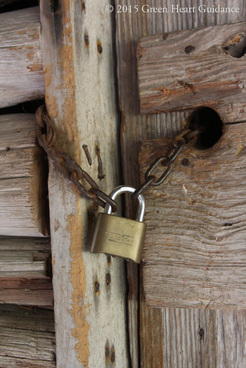

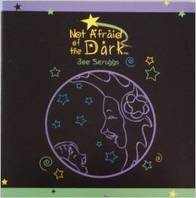





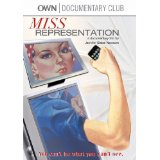

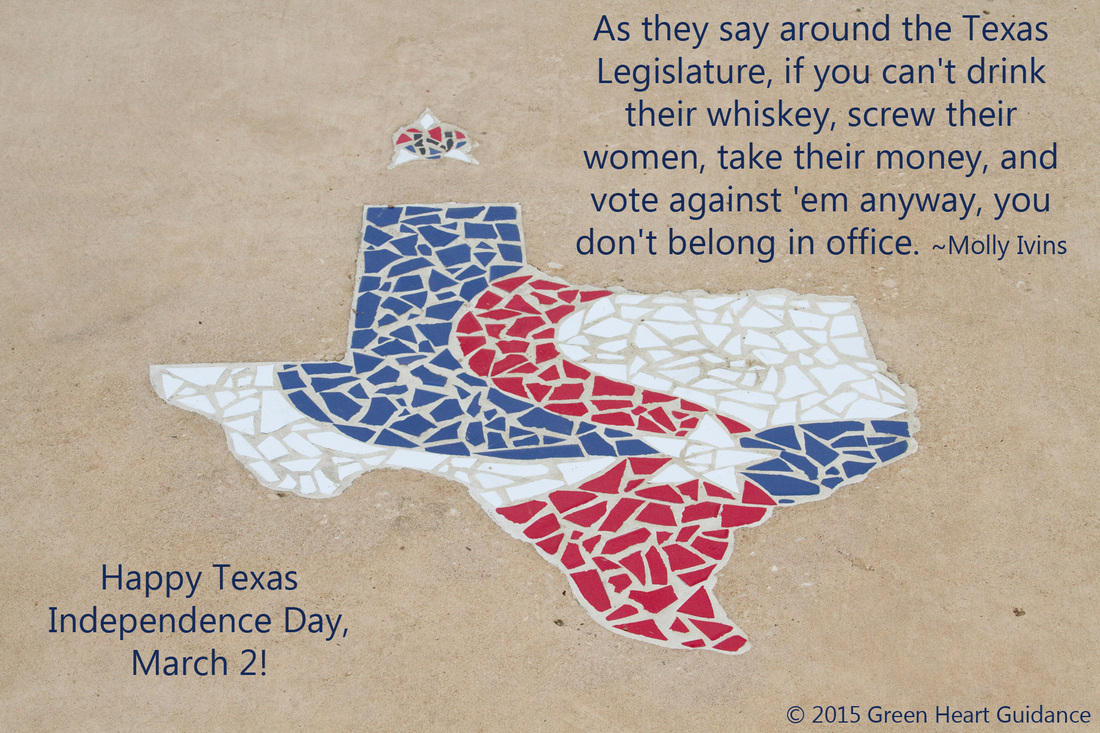

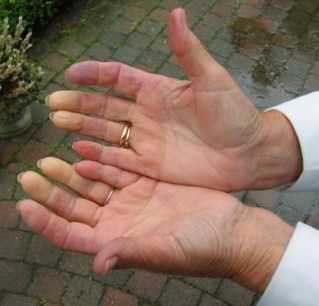
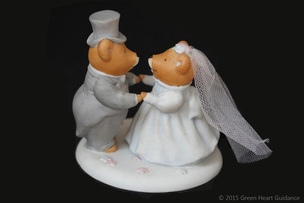
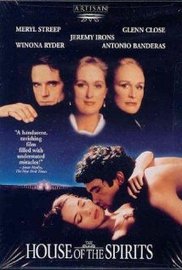






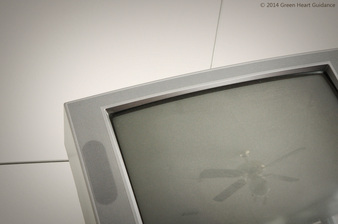
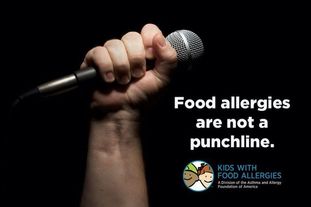



 RSS Feed
RSS Feed